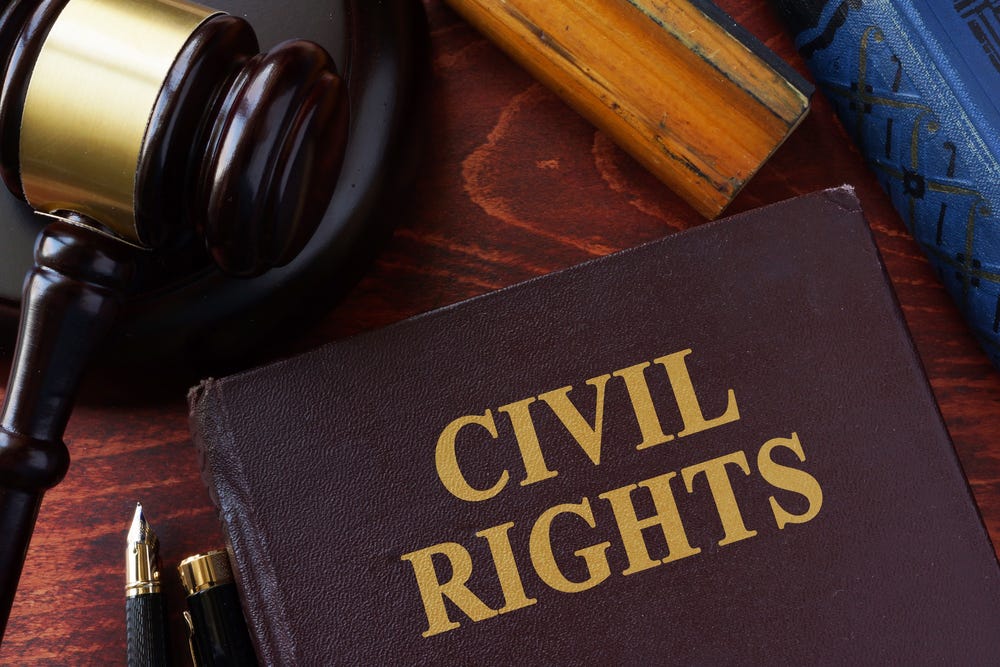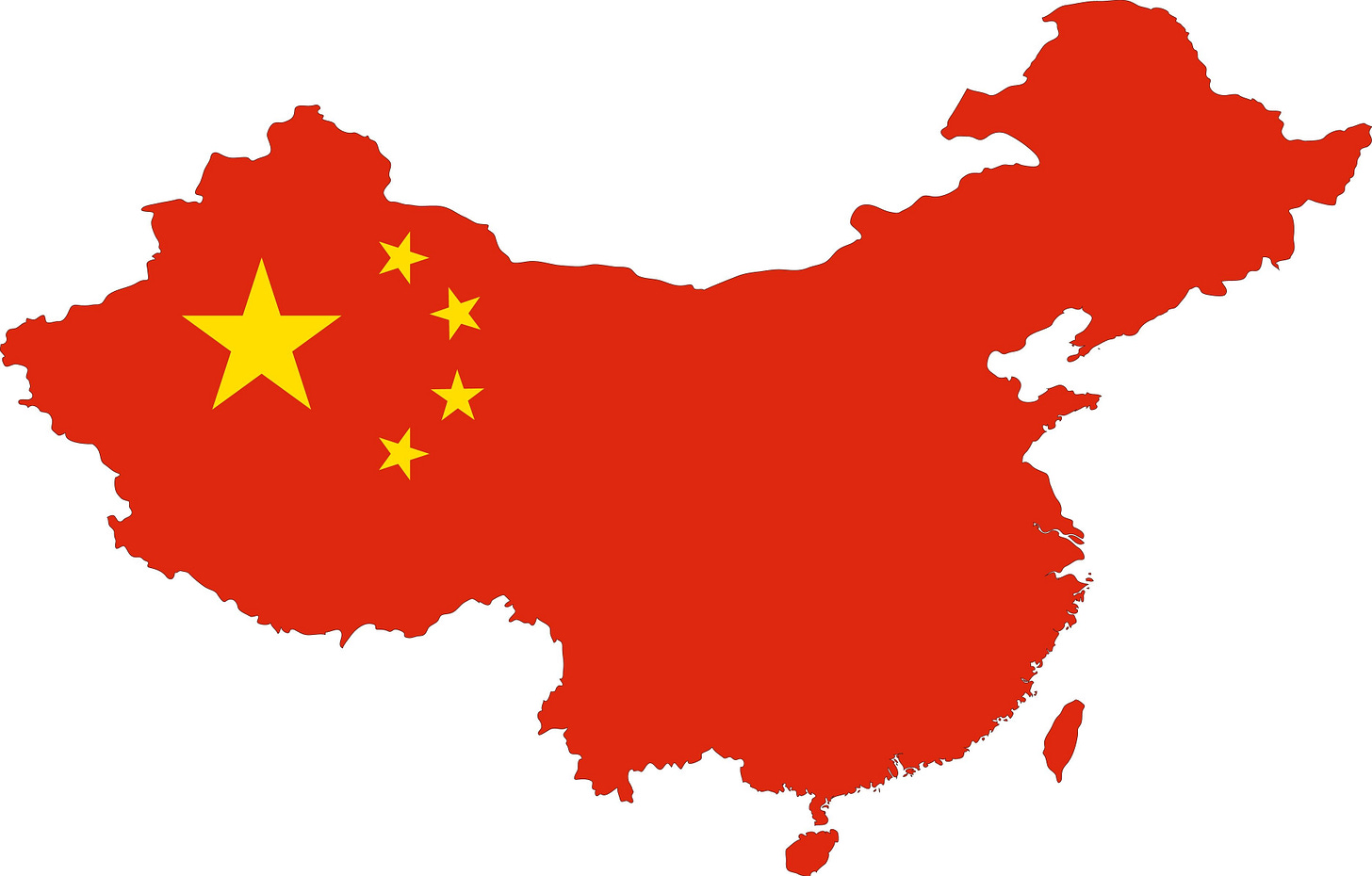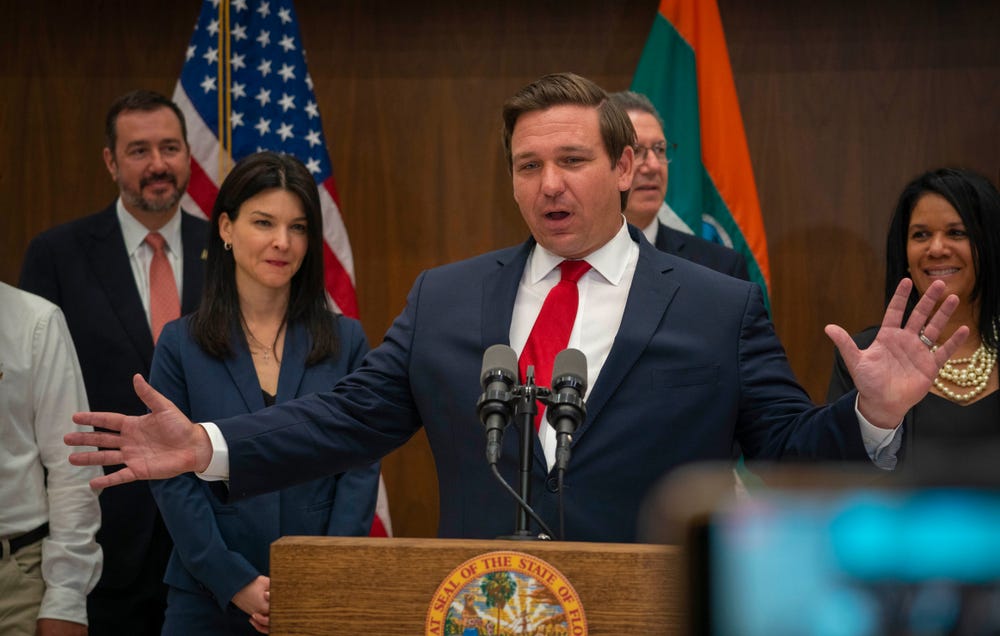E-Pluribus | October 18, 2022
Is it time for a new Civil Rights Act, why China never really opened, and Florida's Stop WOKE Act stops more than just wokeness.
A round-up of the latest and best writing and musings on the rise of illiberalism in the public discourse:
Philip Hamburger: America Needs a New Civil Rights Act
In recent years, government has been part of the problem when it comes to free speech, but Philip Hamburger argues at The Wall Street Journal that government could also be part of the solution. Hamburger says new civil rights legislation modeled on the original 1960s laws could target modern manifestations of discrimination and fully reopen the public square to all viewpoints.
The threat again comes from discrimination, but now by the federal government as well as states and private organizations. Most worrisome is federal and state encouragement for private entities to discriminate against Americans with dissenting views. Also significant is discrimination that bars Americans from participating in services ordinarily open to the public.
[ . . . ]
Private organizations don’t always act on their own. Government works through social-media platforms to censor Americans who refuse to follow orthodoxy on Covid-19 and election fraud. It uses interpretations of Title IX, which bans sex discrimination in schools, to require private regulation of speech about sex, including dissent on sexual politics. For decades the federal government has demanded that universities establish institutional review boards to license much academic inquiry and publication, predictably with a tilt against scholars whose views are deemed old-fashioned or insensitive.
[ . . . ]
If federal or state governments engaged in viewpoint discrimination, they would violate the First Amendment. But they seem to think they can evade constitutional limits by getting private entities to do their dirty work.
Read the whole thing.
Noah Millman: Why China Didn’t Liberalize
The fall of the Soviet Union was once seen as a reverse Field of Dreams for liberal democracy: if you tear it down, they will come. In too many cases, however, it has not worked out that way. Noah Millman writes at Persuasion why China in particular has resisted the call.
With populist authoritarianism on the rise around the globe, it’s hard to remember that only a quarter century ago the dominant assumption in American foreign policy circles was that liberal democracy would naturally spread to the rest of the world.
[ . . . ]
To hasten history toward its destined conclusion, the United States then developed a policy mix—with political, economic, and security components—in its efforts to promote democratic ideals.
[ . . . ]
While this policy mix was applied from the Caribbean to Central Europe to the Middle East, nowhere were American hopes higher than in the People’s Republic of China.
[ . . . ]
China now poses the greatest emerging non-domestic threat to both American liberal values and American geopolitical dominance. Such a momentous policy failure demands an accounting. Why did China not evolve as American policymakers had hoped and expected?
Read it all here.
Zach Weissmueller and Danielle Thompson: The Problem With DeSantis' 'Stop WOKE' Act
Beauty is in the eye of the beholder, and tastes in “good” and “bad” speech widely vary as well. At Reason, Zach Weissmueller and Danielle Thompson explain why, even if well-intentioned, Florida’s Stop WOKE Act goes too far and attempts to wield the kind of power that could too easily be misused in the other direction.
Earlier this year, DeSantis and Republicans in the Florida Legislature retaliated against Disney for opposing a state law prohibiting the discussion of sexuality and gender identity in kindergarten through third-grade classrooms. Critics attempted to make the new education law a national issue and dubbed it the "Don't Say Gay Act," and DeSantis' communications team responded by routinely calling the law's critics "groomers."
[ . . . ]
A U.S. District Court judge struck down part of the law on First Amendment grounds. That portion of the law prohibited private companies from holding any mandatory training that "espouses, promotes, advances, inculcates, or compels [employees] to believe" eight concepts, such as that "members of one race, color, sex, or national origin are morally superior to members of another race, color, sex," and that your inherent characteristics make you "inherently racist, sexist, or oppressive."
[ . . . ]
The left also craves state power to impose its cultural preferences. Nation writer Jeet Heer recently tweeted that we should use state power "for good," like expanding the scope of civil rights law and defending the LGBT community. "The only objection to DeSantis," Jeer wrote, "is that he wants to use state power to push big business to do bad things."
[ . . . ]
[T]he more power politicians have to determine which type of speech is good and, therefore, legal and which type is bad and, therefore, illegal, the more the sphere of acceptable discourse is likely to shrink[.]
Read it all.
Around Twitter
From Heterodox Academy, how a “student-centered” philosophy does more harm in the long run than good:
Jesse Singal is frustrated with cherry-picking regarding transgender studies:
And finally, the Foundation for Individual Rights & Expression’s Greg Lukianoff says that our mental health crisis is at least partly a self-inflicted wound:











